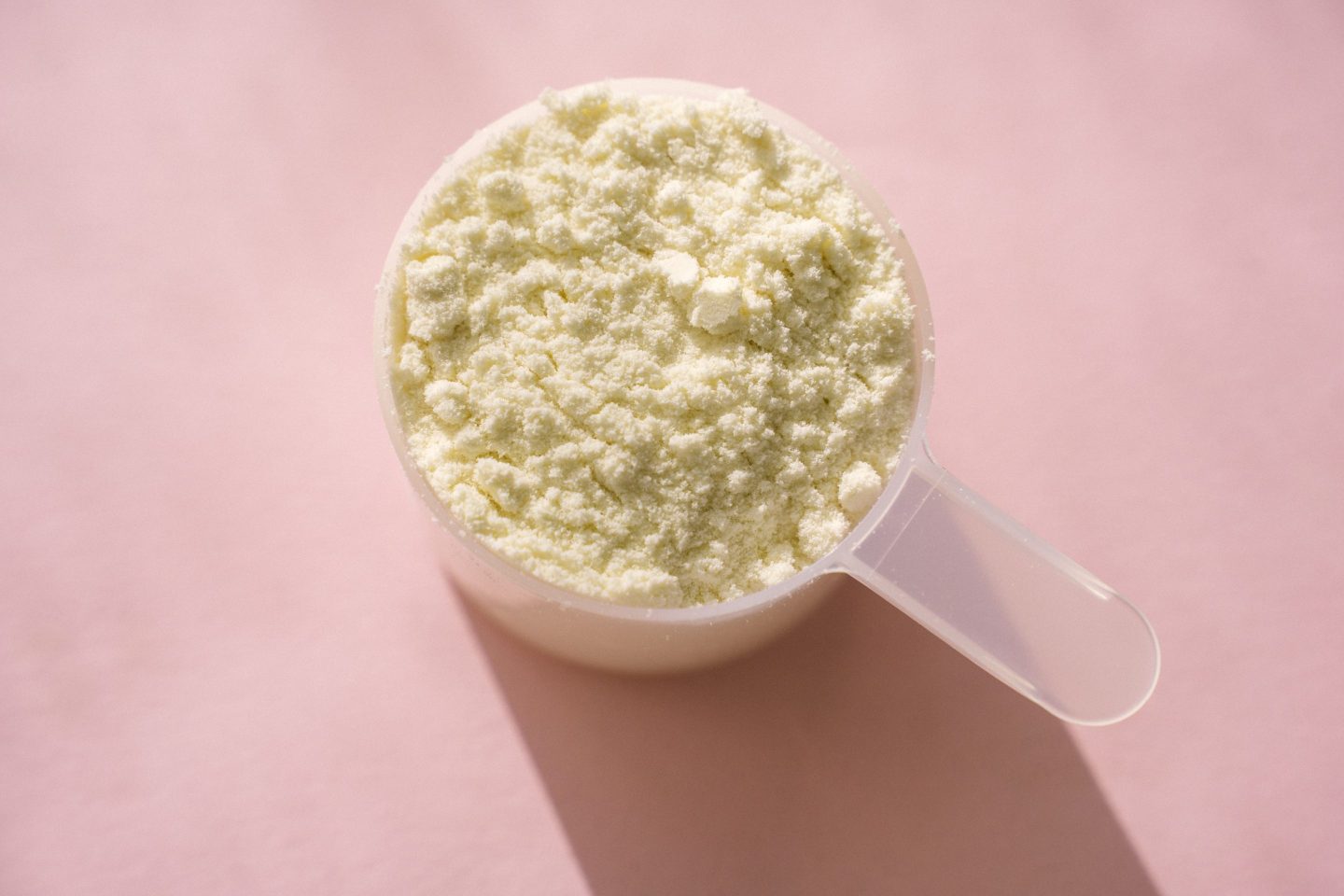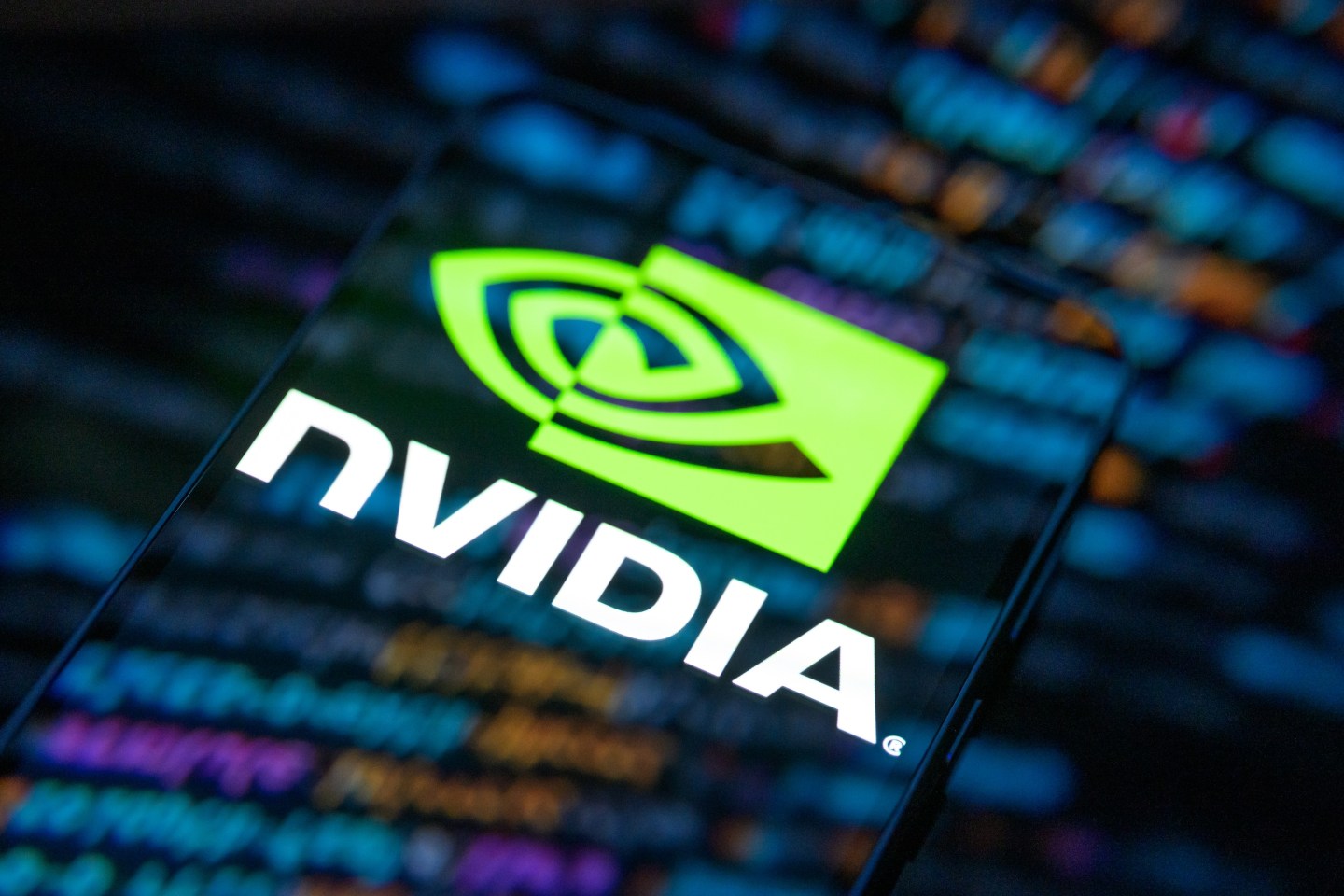A former private equity associate, Zach Ranen seems just as comfortable listing off seven-syllable sugar substitutes as talking about buyouts and balance sheets. As the cofounder of the protein bar company David, he gets to do both in equal parts.
Even if you’ve never tried their products, you’ve probably seen David’s provocative ads on billboards or Instagram. Their crisp, serif font and gold packaging stand out to would-be customers by making it seem like their bars contain the winning Willy Wonka ticket (And that’s not to mention their foray into frozen cod, simply marketed as “slightly more protein per calorie than our bars,” which was plastered everywhere across New York this summer). David is perhaps the apotheosis of what the New York Times dubbed the “protein craze” taking over grocery stores, from cereal to seltzer.
Ranen’s more famous partner is Peter Rahal, who previously started the ubiquitous RXBar, selling to Kellogg’s for $600 million before moving on to his next venture once his noncompete expired. Ranen, whom Rahal brought on as a cofounder, had a more circuitous journey, leaving the PE shop Warburg Pincus to pursue his passion for the keto diet by starting a venture-backed, sugar-free pastry e-commerce business out of New Jersey that never took off.
The two men shared a growing belief that amid different dietary fads, they didn’t care about prioritizing all-natural ingredients (a focus of the RXBar) or cutting out carbs at all costs (a hallmark of keto). Instead, they decided the only truly timeless principles were minimizing calories and sugar, and maximizing protein.
David’s flagship product is an almost Frankensteinian creation, more mad scientist than culinary. Its 20-something ingredients somehow coalesce into a bar that comes in nine flavors, including cake batter, fudge brownie, and the seasonal pumpkin spice. It delivers 28 grams of protein in just 150 calories, which the company boasts is the most efficient delivery system on the market. Only boiled cod, they say, has a better protein per calorie ratio, hence this summer’s side quest, which they source from an Alaskan fisherman and is still available, though far less popular.
What makes David truly unique amid the protein blitz, however, is its core innovation—a seemingly magical ingredient called esterified propoxylated glycerol, or EPG for short. A type of fat replacement, EPG serves as a substitute for butter or palm oil while delivering nearly zero calories, forming the foundation of the protein bars’ impossible nutritional facts. (The closest comparable, Olestra, became notorious in the 1990s by becoming synonymous with a certain kind of leakage, though Ranen says the main innovation of EPG is not turning liquid at body temperature.)
Though EPG has been around for decades, concocted by scientists at Kansas State University, its creators couldn’t find a champion to bring it to the mass market. When David embraced the ingredient, the patent holders—a company called Epogee—proposed an acquisition. That fueled David’s decision to raise a $75 million Series A earlier this year, led by Greenoaks, with much of the capital allocated to buying Epogee and expanding the operation.
There’s a future for David where EPG becomes more valuable than their bars. Ranen says they’re already in talks to sell the ingredient to different companies, though their focus is still on creating enough of it for themselves. And they’re already expanding their offerings over the next year, including a protein-packed, low-calorie ice cream. I was able to sample the prototype from David’s headquarters in New York’s Hudson Square neighborhood, though I had to swear the mind-boggling macros to secrecy.
Similar to the bars, the ice cream contains a slew of components that would cause anyone born before the 1950s to faint: whey protein isolate instead of milk, allulose and monk fruit instead of sugar. The end result, somehow, is still creamy and dense, albeit with the slight chemical aftertaste synonymous with protein bars. When I asked Ranen if he felt they were angering the gods through such creations, he laughed. “Historically, there’s always been a tradeoff between taste, texture, and nutrition,” he said. “That’s what we’re trying to do, is break the tradeoffs.”
Leo Schwartz
X: @leomschwartz
Email: leo.schwartz@fortune.com
Submit a deal for the Term Sheet newsletter here.
Joey Abrams curated the deals section of today’s newsletter. Subscribe here.
VENTURE DEALS
- Resistant AI, a Prague, Czech Republic-based developer of AI technology designed to detect fraud and financial crime, raised $25 million in Series B funding. DTCP led the round and was joined by existing investors Notion Capital, GC, and Experian.
- Datacurve, a San Francisco-based data company for software development, raised $15 million in Series A funding. Chemistry led the round and was joined by others.
- Benable, a Washington, D.C.-based horizontal recommendation platform, raised $11 million in seed funding. Footwork led the round and was joined by others.
- Unikraft, a Heidelberg, Germany-based AI agent deployment platform, raised $6 million in seed funding. Heavybit led the round and was joined by Vercel Ventures, Mango Capital, Firestreak, Fly VC, First Momentum Ventures, and angel investors.
- Tonbo, a San Francisco-based developer of data storage and analytics infrastructure, raised $3.6 million in seed funding. Peak XV led the round and was joined by Vertex Ventures.
EXITS
- Lowe’s Companies acquired Foundation Building Materials, a Santa Ana, Calif.-based interior building products company, from American Securities and CD&R for approximately $8.8 billion.
- Science Applications International Corp. agreed to acquire SilverEdge Government Solutions, a Columbia, M.D.-based provider of technology and products to the defense sector, from Godspeed Capital for $205 million in cash.
PEOPLE
- Prysm Capital, a Princeton, N.J. and San Francisco-based venture capital firm, promoted Kerry Wei to partner.













